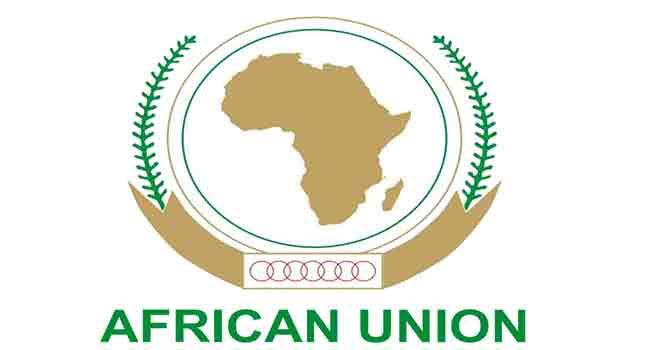The African Union (AU) has expressed deep concern over a new travel ban signed into law by United States President Donald Trump, which targets 12 countries, including seven African nations, sparking fears of strained diplomatic and economic ties.
The executive order, signed on Wednesday, places full travel bans on nationals from Somalia, Chad, Equatorial Guinea, the Republic of Congo, Eritrea, Libya, and Sudan. Also affected are Yemen, Afghanistan, Myanmar, Haiti, and Iran. The ban is scheduled to take effect on Monday, June 9.
In addition, the United States has imposed partial travel restrictions on seven other countries, namely Burundi, Cuba, Laos, Sierra Leone, Togo, Turkmenistan, and Venezuela. Citizens from these nations will face limited access, specifically in regard to certain temporary work visas.
Read also: Chad imposes visa ban on U.S. citizens in tit-for-tat response
President Trump said the decision was prompted by a recent attack involving a flamethrower during a Jewish protest in Boulder, Colorado. The suspect, reportedly an Egyptian national, was cited as an example of the risks posed by visitors overstaying their visas. However, Egypt is notably absent from the list of banned countries.
The AU, in a statement issued Thursday, warned that the travel restrictions could have far-reaching consequences on the relationship between the U.S. and the affected countries.
The continental body emphasized that the ban may damage long-standing cooperation in areas such as education, diplomacy, and commerce.
“The travel restrictions would undermine people-to-people ties, educational exchange, commercial engagement, and broader diplomatic relations that have been nurtured with the U.S. over decades,” the AU stated.
The AU urged Washington to reconsider its approach and engage directly with the affected nations. “We appeal to the U.S. government to adopt a consultative approach and to engage in constructive dialogue with the countries concerned,” it added.
In the meantime, Somalis living in Kenya expressed disappointment at the ban on their home country. Somalia is one of the seven African nations placed under a full travel ban, alongside Chad, Equatorial Guinea, the Republic of Congo, Sudan, Libya, and Eritrea.
Meanwhile, countries facing partial restrictions, such as Sierra Leone, Burundi, and Togo, will also experience heightened travel vetting procedures, though not a complete ban.
The backlash has begun to take form diplomatically. In an apparent retaliatory move, Chad announced it would suspend the issuance of visas to American citizens.
The African Union reiterated its call for constructive engagement and dialogue. “We call on the United States to engage in constructive dialogue with the countries concerned,” the AU stressed, warning that measures like this could erode decades of cooperation and mutual understanding.









